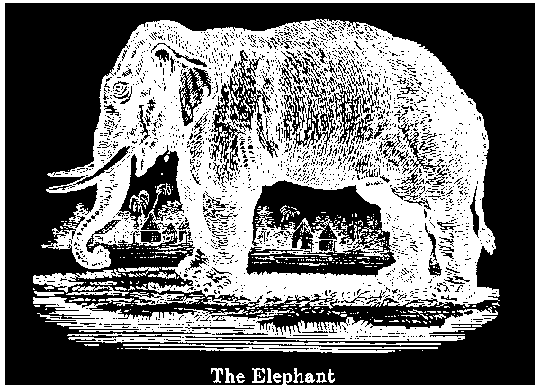The Mysteries
Of the East
Journeys in India
Edward Cameron Dimock
(Algonquin Books of Chapel Hill)

By these criteria, my four favorite travelling companions would be Helena Petrovna Blavatsky, Everett Gee Jackson, Eric Hansen, Apsley Cherry-Garrard and now, god love him, Edward Cameron Dimock, viz:
- Playing golf in India is, in its essentials, not very different from playing golf elsewhere. There are, of course, minor differences: little temples and tombs of saints in the middle of the fairway, cobras in the rough, and I am told that if you overshoot the ninth green on "the highest golf course in the world," in Darjeeling, your ball plunges four hundred feet into a clear glacial stream that carries it to Bangladesh...What is different, on India, is that it is on the golf course that some of the clearest demonstrations of the law of karma are to be found. Karma as a principle of golf is not unknown elsewhere, of course.
He then goes on to demonstrate karma from an earlier --- and magic --- golfing experience of his in Cape Cod:
The ball lay an easy eight-iron from the pin, but I got up on it a bit too much, hit it in the middle, and sent it, about three feet off the ground, on a line right over the "green" at the top of the rise on which my ball lay. My despairing cry at this turn of events was cut short by a metallic clang, as what to my wondering eyes should appear but my ball, making a high arc and coming back to rest about two feet from the pin. It had hit the hood of a tractor pulling a grass cutter just out of sight over the rise, no doubt surprising not only the groundskeeper but also my three companions, who could not keep from expressing their admiration. "Lucky son of a bitch" is one of the comments that sticks in my mind.
Dr. Dimock first went to India in 1955, and --- deciding, as we sometimes do, that it was his love-country --- has returned many times since then. The experiences that might drive you and me looney (noise, traffic, streets jammed with people and cows, monkeys and cobras in the bedroom) are ones that obviously please and delight him. But more than that, the man learned, somewhere, unlike most academicians, how to write, how to write with clarity, how to write with that droll joy that is a delight to those of us who, for a living, have to plow through so many ill-thought-out, ill-edited, ill-constructed books by the lunk-heads who think that their last year's journey to Bulgaria, Kenya, or the Maldives deserves our attention.
Dr. Dimock Explores has many themes. One is Manu's Book of Laws --- now over 2,000 years old, which pops up here and there in various chapters. The writer, as well, speaks knowingly of Karma, even golf-karma (see above). He seems to know of many of the gods of India, and understands the frequently baffling ways of the Hindu world. Too, he knows the terror of driving at night in Calcutta (no-one uses lights), and he spices the literary pie with generous dollops of Anglo-Indian History, along with plummy references to Ezio Pinza, hurricanes, juvenile delinquents, Shirley Temple movies (about India), Kipling stories (about India) and elephants named Gopal:
Gopal knelt politely and with the great patience of his kind in the courtyard at the foot of the library steps. I had never before had the opportunity to look into an elephant's eye, being of average height, but as I passed Gopal's head to mount the short ladder that led to the howdah on his back, I had what came close to a shock. In my experience, most animal's eyes register generalized emotions --- anger, contentment, even playfulness --- but Gopal's eye showed intelligence, a sad wisdom, a kind of mild curiosity, and a knowing humor that I have come to associate with older people who have seen a good deal of life and loved some of it and hated some of it but don't want to talk about any of it anymore. The elephant seemed very much, in fact, like my father.
When I get through writing this review, I'm going to get in touch with Edward Cameron Dimock and tell him what a dandy writer he is, mention that next year, if he is planning another journey to Calcutta, I might have some time off, and if he needs the companionship of a somewhat cranky book reviewer (I promise not to complain too much about the burning ghats) --- perhaps he would permit me to accompany him. As long as he takes care of the traffic, the cobras, and the gods.